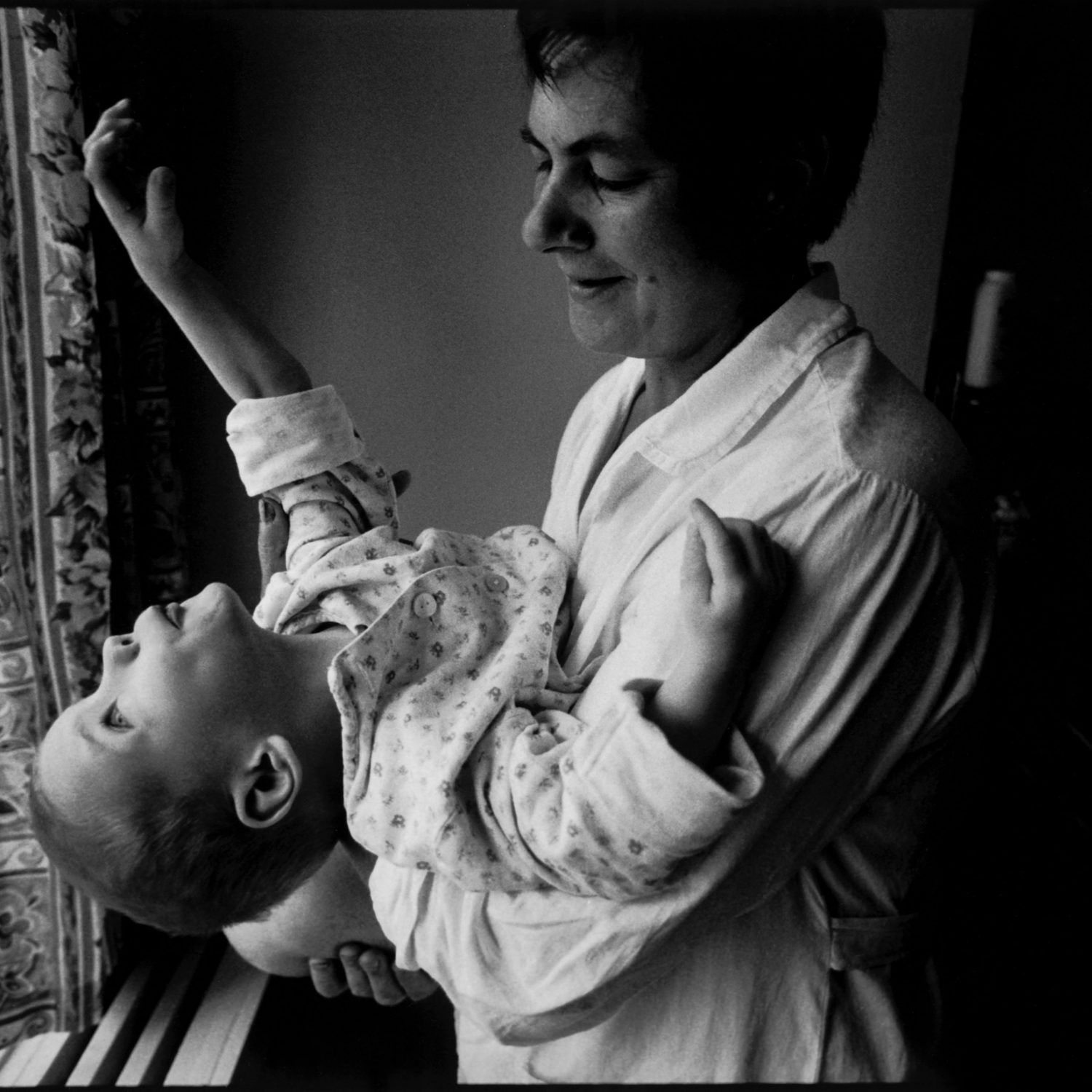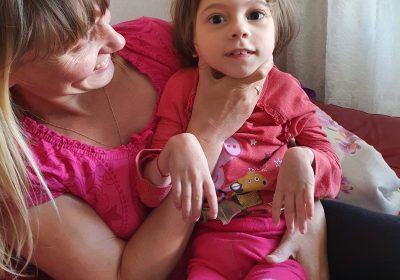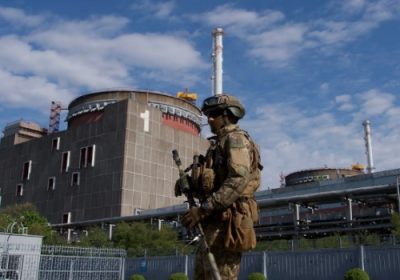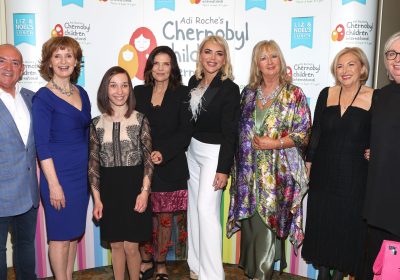The past few months have presented a tough time for everyone but it has been an especially difficult period for both frontline workers and for people living in residential care facilities. None of us were ready for the wrath of the Covid outbreak, which has changed the world in so many ways. What we have all learned is that the virus knows no boundaries, has no respect for the global population at large and that it preys on the weak and the most vulnerable in society. Institutionalised children and adults in Belarus didn’t escape this fate and were among some of the virus’s worst affected and unwilling victims.
Here at CCI we passionately advocate for the physical and mental well-being of the residents, staff and families in our care which has led to the development of our Psychosocial Programme.
An unforeseen crisis like the Covid Pandemic can generate huge amounts of panic and fear and cause a general unease in the population at large. The Pandemic has created not only a global threat to people’s physical health, but has also resulted in a huge socio economic fall-out which has led to increased levels of stress and anxiety. When left untreated, this can cause a whole host of societal problems.
Like so many people across the world – the mental health of many of the children in our care and the frontline staff members is in jeopardy at the moment. After a prolonged period of limiting restrictions, with the added pressure for long shifts to be worked in order to guarantee the safety of the children within the institution, our frontline care workers have had an especially difficult time over the past few months and have had a huge burden of responsibility to bear.
We are aware that the gradual erosion of people’s levels of overall happiness can lead to increased levels of depression and anxiety disorders which are detrimental to society in the long run. It is our goal to stop this from happening and to remedy any fallout from the virus by putting measures in place to alleviate an anticipated onslaught of mental health issues.
We are working on Phase 1 of our response to this expected mental health crisis and have pioneered a pilot Psychosocial Programme to tackle the anticipated onslaught of PTSD and stress related illnesses in the future. This innovative programme has been developed in conjunction with leading health experts and follows the guidelines as set out by local health organisations. The programme is currently being rolled out in Vesnova Institutionand will benefit both residents and staff. It is expected that the programme will be rolled out in eight other institutions thereafter, to the benefit of thousands of children and their carers.








